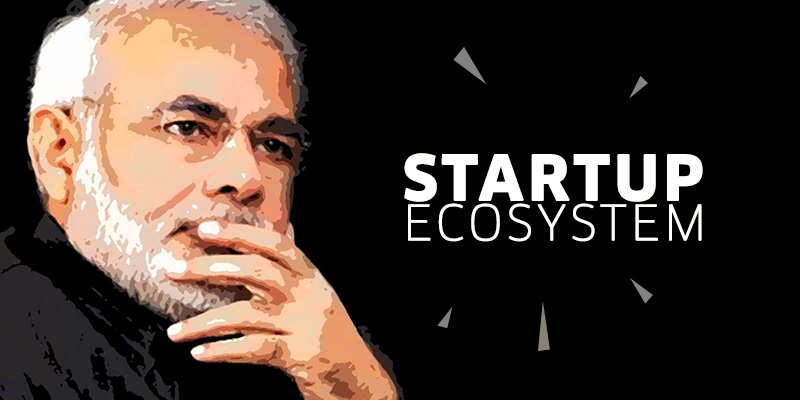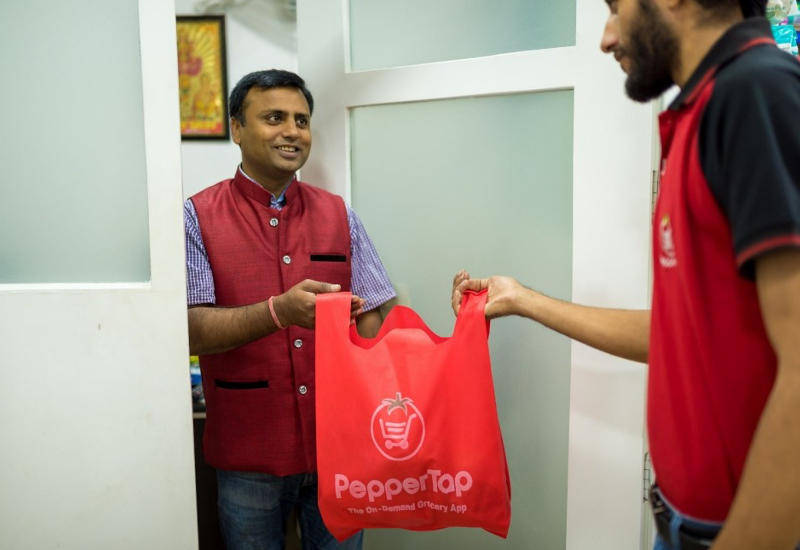Banking major ICICI Bank will soon invest in fintech startups by picking up equity stakes in them. The bank will also help them enhance their business plans and products.
ICICI Bank will, however, invest in only those startups who will reach the final stages of the Startupbootcamp’s FinTech program that it launched in Mumbai. Startupbootcamp is a global group of industry-focused startup accelerators.
Following the success of programs in London, Singapore and New York, the evolution of the FinTech program to Mumbai ensures coverage of the three main FinTech hubs around the world and now the fastest growing economy.
Startups can apply to be part of this three-month program from September 28, with the accelerator beginning in the early part of 2017.
The program is also focused on InsurTech, which is undergoing a transformation in India on the back of innovation in aggregation and comparison engines.
Abonty Banerjee, Senior General Manager & Head- Digital Channels, ICICI Bank said, “ICICI Bank has always been at the forefront to provide opportunities and avenues to the young Indians. We are delighted to partner with Startupbootcamp and see the fascinating ideas that come from the young Indian’s and play a role in their journey. ICICI Bank is committed to harness latest technology for the benefit of our customers across geographical and economic segments of the country”.
FinTech is a young but rapidly growing sector in the India economy, led by an innovation-driven ecosystem, and a large consumer base.
Alok Vajpeyi has been named as the Chairman of the new program, which is backed by leading names in the global financial technology community such as ICICI Bank, ICICI Lombard, RBL Bank, AZB & Partners and PwC.
Sanjay Sharma, Chief Information Officer, RBL Bank, commented: “Technology usage among emerging economies is becoming increasingly more advanced and widely adapted, with mobile usage a driving force enabling great potential to make a difference to millions of people. There are great FinTech success stories in these developing countries, particularly in the digital banking and payments spaces, but so much more needs to be done. With the help of our partners, we can help hundreds Indian startups, joining them up with the financial services and making a real difference to the people of India.”
“At RBL Bank, we stand at the intersection of entrepreneurs, ideas, technology and banking services. As an institution, we have been an early supporter of the startup-ecosystem and have also been at the forefront of supporting the emerging venture debt market in India, which focuses on new-age businesses and early stage start-ups. We are happy to tie up with the Startupbootcamp Fin Tech accelerator program in India to partner with startups for developing cutting edge technologies that are responsive to the fast-evolving needs of Indian customers”, added Sanjay
AZB & Partners firmly believes in the game changing potential of FinTech, especially in India and would therefore like to assist Indian start-ups to transform into global leaders.
“Our expansion into India builds on the momentum of Startupbootcamp worldwide, which has accelerated over 340 startups in 14 different programs worldwide since 2010. India, as the fastest growing economy has many challenges it needs to overcome if it is to reach its potential, which presents great opportunities to FinTech startups in the country. We are excited to see the talent that emerges from the new program.” said Nektarios Liolios, Co-Founder and CEO, Startupbootcamp FinTech.
PwC has chosen to expand its global relationship with Startupbootcamp FinTech and as global partners, they are working together to develop trend reports looking at developments in the FinTech and InsurTech space, building on Startupbootcamp’s expertise in developing early stage companies.
“Cutting-edge technology is reshaping the financial services industry in India. Technology disruptions and innovations are removing the barriers and issues related to infrastructure and inclusion, and are enabling the financial services industry to serve a previously untapped clientele as well as improve service to present ones. The StartupBootCamp program has been instrumental in giving wings to startups and enabling them to grow in the FinTech space globally”, said Vivek Belgavi, FinTech Leader and Partner, PwC India.
Source:http://www.thehindubusinessline.com/money-and-banking/icici-bank-to-invest-in-fintech-startups-soon/article9158933.ece




